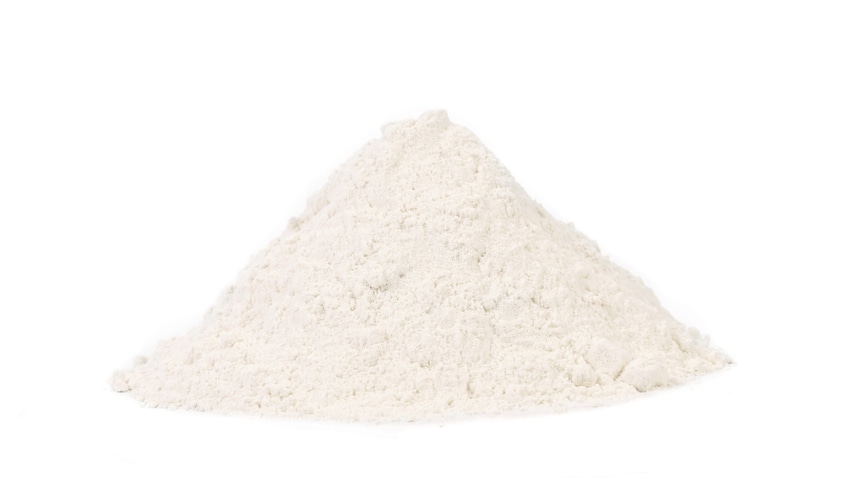The FDA announced warning letters against five companies selling pure powdered caffeine on Tuesday, but Natural Products Association CEO Dan Fabricant says regulators are using the wrong scientific and legal reasoning.

The FDA’s recent warning letter salvo against manufacturers selling pure powdered caffeine may have been aimed at the right target, but the collateral casualties should have the supplement industry worried, says Natural Products Association CEO Dan Fabricant.
Fabricant says the caffeine powder purveyors are hardly upstanding citizens of the supplement community, but the FDA’s argument that consumers are unable to safely follow dosages because of the powdered form is neither based on science nor an appropriate response to the situation. “People aren’t smart enough to weigh out the right amount?” Fabricant said. “Where does something like this stop?”
Spoons to measure down to the hundredths of a teaspoon are a legal and available technology, Fabricant pointed out.
Caffeine, he explained, is a “lawful ingredient.” However distasteful the sale of powdered caffeine may be, he said, the industry can’t be held responsible for the abuse of lawful ingredients, and the FDA’s tactics are not sound. Policy must be based on science and not driven by anecdotal reports of consumer abuse. “It’s labeled correctly, so then the issue is, are people are unable to read the label?” Fabricant asked. “You’d have to have real consumer data. Then you’d have to have something to support that.”
The deaths reported by the FDA are tragedies, but they are also overdoses, Fabricant said. They are clearly not cases of “use as directed.” The FDA is using the same regulation applied against ephedrine, but there is an important difference, Fabricant explained. Ephedrine was deemed unsafe at any dose, while caffeine is widely accepted as a safe ingredient. Because too much of a safe ingredient is dangerous doesn’t mean the FDA can stop the sale. People can overdose on aspirin, he pointed out. “Everything is poisonous. It’s the dosage that makes it poison.”
Both the Council for Responsible Nutrition and the United Natural Products Alliance issued statements following the FDA announcement, stating that the groups supported the agency action. Fabricant, careful to point out that he does not support companies trading in powdered caffeine, said UNPA and CRN are missing the precedent the FDA could be setting. Other products, including pre-workout formulas, also use powdered caffeine, he pointed out. It’s not helpful for the FDA to be declaring risk for legal ingredients, caffeine or any others, based on consumers incorrectly measuring dosages. “What if the next issue is the scooper isn’t the right size?” Fabricant asked.
If the FDA is concerned about powdered caffeine, the section of the Food Drug and Cosmetic Act regulators are using is not the right tool for the task, Fabricant maintained. “They are using the tool to say the product is dangerous because it can’t be measured, not that the product is dangerous.”
About the Author(s)
You May Also Like




